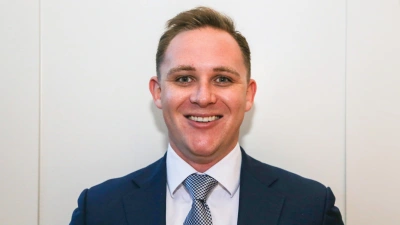Tips for financial advisers choosing direct property


Forrester Cohen chief executive officer John Moore provides financial advisers with some recommendations on how to help clients choose the right direct property opportunities.
1. Start with the end in mind
Think about timeframe, the purpose of the investment (is it for capital growth? cashflow?), the required return, and the investor’s risk profile.
2. Consider demographics when looking at residential investments
Population trends can be a great predictor of capital growth.
Each city has its own microeconomic climate where growth can continually outperform nearby areas – for example, in Melbourne, Prahran is popular with limited new apartment supply, while Docklands gets more apartment blocks on top of struggling demand.
3. Use the right research
Financial advisers need to refer to useful data to make a clear-cut decision, rather than real estate agent opinion or meaningless data on median house prices and average rents. Sources of data need to be interpreted through trends analysis to predict future results.
4. Get the risk profile right
With uncertainty at the front of investors’ minds, advisers need to understand more about the risk profile of their clients to be able to address their concerns and deliver what is required.
5. Consider costs
The holding costs of older properties are greater than new buildings, with higher maintenance costs and more time required to oversee maintenance work – diluting cashflow.
Reduced cashflow could be an issue for people holding investment property in retirement.
Recommended for you
In this episode of Relative Return Unplugged, hosts Maja Garaca Djurdjevic and Keith Ford, along with special guest Steve Kuper, discuss a whirlwind start to US President Donald Trump’s second term that all but kicked off a trade war.
The emergence of DeepSeek, a Chinese artificial intelligence (AI) start-up that claims to have built an advanced large language model in just two months for under US$6 million, sent shockwaves through the AI world and cratered US tech stocks.
Donald Trump’s presidency has already begun reshaping the corporate and political landscape in the US, with executive orders rolling back diversity, equity, and inclusion (DEI) initiatives and clean energy efforts.
In this episode of Relative Return Unplugged, hosts Maja Garaca Djurdjevic and Keith Ford are joined by AMP chief economist Shane Oliver to take a look at what can be learned from 2024 as attention turns to what markets will do in the new year.












